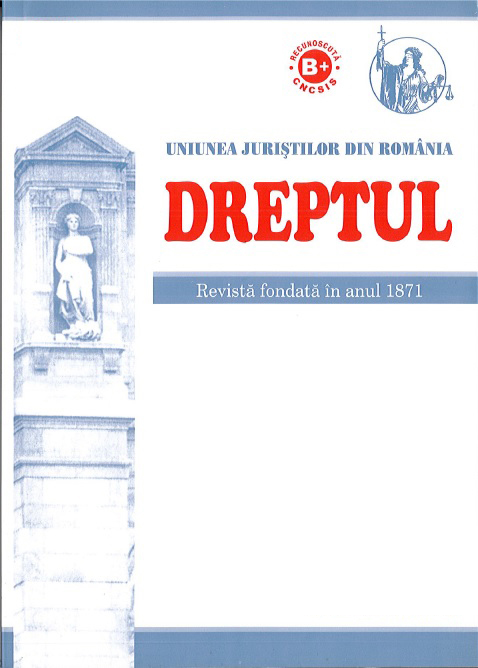Divorce requires a continuous monitoring of the quality of adults-children relationships, as well as the development of some emotional connections based on authenticity, availability, respect, safety and warmth.
In order to resolve the misunderstandings between parents regarding the exercise of rights and the fulfilment of duties, the court asks the delegate of the guardianship authority to conduct a psychosocial inquiry with regard to the conditions in which a child is raised and educated and how the parents fulfil their duties towards the child.
One of the objectives of the psychosocial investigation must be to monitor the dynamics of the relations between the child and the parents after the divorce, because these relations do not have a fixed trajectory, being in a continuous modification and development.
In the civil procedural law we do not find a minimum set of norms that regulate the procedure of carrying out the „psychosocial investigation” and the content of the „psychosocial investigation report”, a circumstance that has generated mainly a non-unitary case law, lacking the psychological component.


